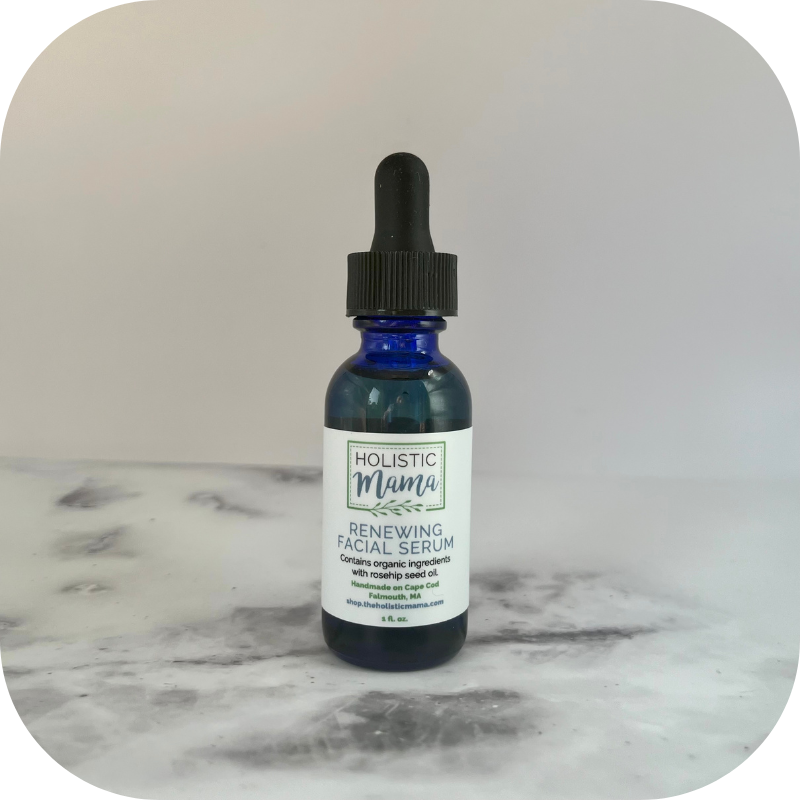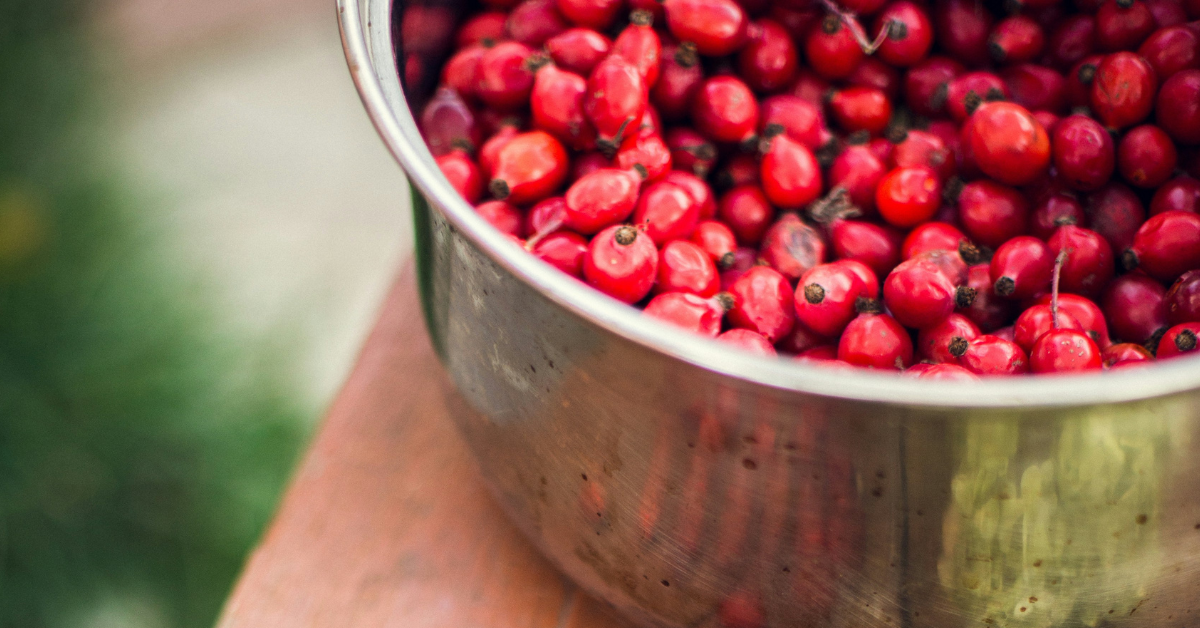There is a natural retinol alternative that is safe to use with great results. Most women have used products that contain retinols to achieve great looking skin because it works. But at what cost?
What is Retinol?
Retinol is a synthetic derivative of Vitamin A. The active agent in retinol is retinoic acid which promotes cell turnover. The drawback to using retinols like Retin-A (tretinoin) is that it makes the skin very sensitive. In addition, there are health risks.
Health Risks of Retinol
I often refer to EWG for their safety ratings and retinol is rated at a 9 out of 10, not good. Tretinoin is not recommended for pregnant women. There have been reports of babies born with birth defects after people used tretinoin on their skin during pregnancy.
In addition, there are studies now that are indicating that it can cause skin damage and even promote skin cancer. Retinoids are linked to an increased risk of skin cancer when used on sun-exposed skin.
Tretinoin is very powerful. If you use it on sensitive skin or too often, it can begin to harm the texture of your skin. It can strip the layers of the skin, exposing new layer or the skin. Those delicate layers are now subject to the dangers of the surrounding environment. The worry is it may cause premature aging or worse.
Additional Toxin Exposure
Retinol products often also include other harmful ingredients that are used as stabilizers. These have been mentioned here on this blog before like parabens and other preservatives. Parabens can act like estrogen in the body and disrupt the normal function of hormone systems.
Natural Retinol Alternative
While retinol is a synthetic derivative of Vitamin A, there are natural sources of Vitamin A. This natural form comes from vegetables and plants such as sweet potatoes, carrots, or in seed oils such as rose hip. The constituents contained within the whole plant have a much more balanced range of action. This is one of the reasons why whole foods and herbal remedies are better choices because they have the full range of nature's benefits.
Rose hip seed oil is an amazing natural oil, which has only recently become recognized by the general public. The popularity is for a good reason. Some believe it to be the best oil available for anti-aging and skin rejuvenation. Numerous scientific studies have also taken place, which show evidence supporting the use of rose hip seed oil.
Studies on Rose Hip Seed Oil
In 1983 the University of Santiago conducted research on 180 individuals using rose hip seed oil. The tests studied people with extensive facial scarring, acne scarring, deep wrinkles, UV damage, radiation damage, burn scars, surgical scars, premature aging, dermatitis, and other skin related problems. In these tests, rose hip seed oil regenerated the skin. It reduced scars and wrinkles and prevented the advancement of wrinkles and aging. It even showed that it helps skin to regain its natural color and tone.
Another well-known study in 1988 was conducted on twenty women. They were between the ages of 25-35 with extensive premature aging to their skin. Their skin was wrinkled, and had sun spots from overexposure to the sun. They measured the results after four months of applying rose hip seed oil daily. Wrinkles and sun spots had almost completely disappeared, and the skin had a fresher and healthier look. After reading about these studies I was really excited to try rosehip seed oil as a natural retinol alternative.

This is the facial serum I creating using rose hip seed oil along with other skin nourishing ingredients.
Does Rosehip Seed Oil Work?
In fact, I have been using rose hip seed oil in my own serums as a natural retinol alternative for 10+ years. In fact, my skin is better then ever. Rose hip seed oil has worked better then any retinol products I have ever used. My skin tone is even, all of the red marks and scarring has disappeared.
Although you can use it all on it’s own, you may want to try mixing it with other oils. This will give you even more skin-nourishing benefits. If you combine it with other moisturizing oils you can create an all in one facial oil to use day or night. If you are looking for a natural alternative to your anti-aging products, rose hip seed oil is it.
Alternative to Retinol for Acne
Can rosehip seed oil help people with acne? There is good reason to believe it can. There is interesting information about oils higher in linoleic acid being helpful to acne prone skin. Many people with acne have low levels of linoleic acid in their skin surface lipids. This can cause the skin to over produce other oils disrupting the skin's balance. Rosehip seed oil is approximately 13-14% oleic and 44-45% linoleic acid. This proportion of fats makes it a good choice for people with acne prone skin.

Thank you for reading this post, don't forget to subscribe to stay in the loop. If you are looking for some of the healthy tools and resources mentioned in my articles, take a look at my healthy shopping guide.
Some of our links are affiliate links, which means if you click and buy, I earn a small commission. The price is the same for you, though. Thank you!
You might also like these posts...

